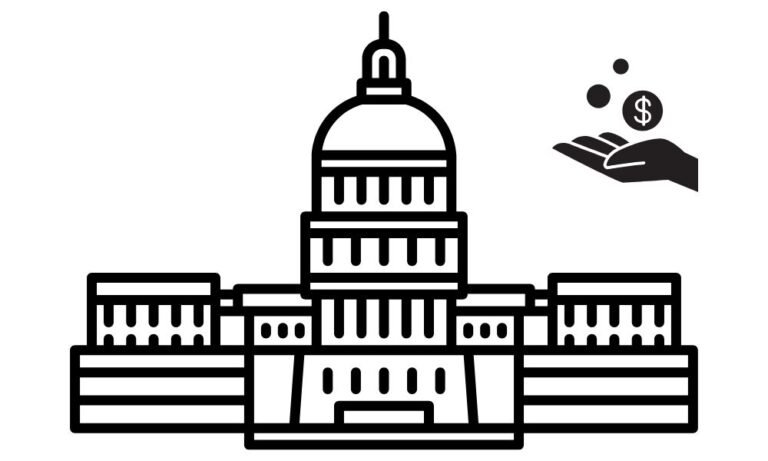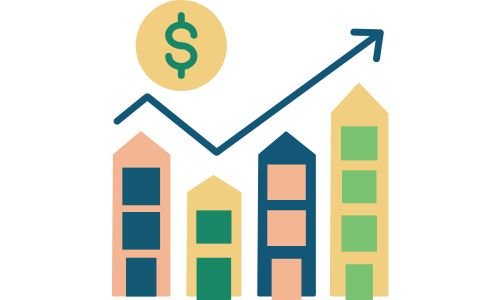The Cost of Home Ownership: What Buyers Should Budget For
Besides the listing price, there are numerous expenses that buyers must consider to ensure they are financially prepared for the responsibility of owning a home.
One Time Cost: Down payment, PMI or private mortgage insurance (if down payment is less than 20% of sale price), land transfer tax, home inspection, closing costs
Monthly Cost: Mortgage payment, property taxes, home insurance, utilities
Maintenance and Repairs: Roof repairs, HVAC system maintenance, Plumbing and electrical work, Appliance replacements, Lawn care and snow removal, unexpected or hidden cost
One Time Cost

Determine Affordability Before Shopping
- Determine affordability based on income, debts, and monthly expenses
- Consult with a Mortgage Agent

Down Payment
- 5% for homes priced up to $500,000
- 10% for the portion of the home price between $500,000 and $999,999
- 20% for homes priced at $1 million or more

Private Mortgage Insurance (PMI)
- If down payment is less than 20% of purchase price of property
- Consult with a Mortgage Agent

Land Transfer Taxes in Ontario
- Provincial Land Transfer
- Municipal Land Transfer (in some municipalities)
- First Time Home Buyer Rebate

Home Inspection
- Professional home inspection can reveal defects that may not be visible during a casual walkthrough
- This helps buyers avoid costly repairs in the future

Legal Fees and Title Insurance
Legal Document Review and Compliance – A lawyer ensures that all contracts, agreements, and documents comply with legal regulations, protecting buyers and sellers from potential risks.
Title Search and Closing Process – Lawyers conduct title searches to verify ownership, address liens or disputes, and oversee the closing process to ensure a smooth property transfer.
Monthly Costs

Mortgage Payment, Property Tax, Home Insurance
- Mortgage Payments – These are monthly payments made toward a home loan, typically includes principal and interest amount.
- Property Tax – Homeowners must pay annual property taxes based on their home’s assessed value.
- Home Insurance – This protects homeowners from financial losses due to damage, theft, or liability. Mortgage lenders usually require home insurance as part of the loan agreement.

Utilities
- Electricity and Water Bills – Monthly utility costs depend on household size, energy efficiency, and regional rates, impacting overall homeownership expenses.
- Heating and Cooling Costs – Seasonal changes affect heating and cooling expenses, with insulation, HVAC systems, and energy-efficient upgrades helping to reduce costs.
- Waste Management and Internet Services – Homeowners also pay for waste collection, recycling, and internet services, which vary by location and provider.
Maintenance and Repairs

Mortgage Payment, Property Tax, Home Insurance
- Regular HVAC Servicing – Cleaning and servicing heating, ventilation, and air conditioning (HVAC) systems improve efficiency, extend lifespan, and ensure indoor air quality.
- Roof and Gutter Maintenance – Checking for leaks, clearing debris, and repairing damage prevent costly repairs and protect the home’s structural integrity.
- Plumbing and Electrical Inspections – Regularly checking for leaks, faulty wiring, and outdated systems helps avoid major issues and ensures home safety.

Lawn Care and Snow Removal
Lawn Care Maintenance – Regular mowing, watering, and fertilization keep lawns healthy, enhancing curb appeal and property value.
Snow Removal Maintenance –Clearing driveways and walkways ensures safety and prevents ice buildup, reducing risks of accidents during winter months.
Buying a home is a significant investment that extends far beyond the listing price.
Prospective buyers must consider not only mortgage payments but also property taxes, insurance, utilities, maintenance, and unexpected expenses.
Proper budgeting and financial preparation are essential to ensuring a smooth transition into homeownership and long-term financial stability.
By understanding the true cost of owning a home, buyers can make informed decisions and avoid financial strain, ultimately enjoying the benefits of homeownership with confidence.




